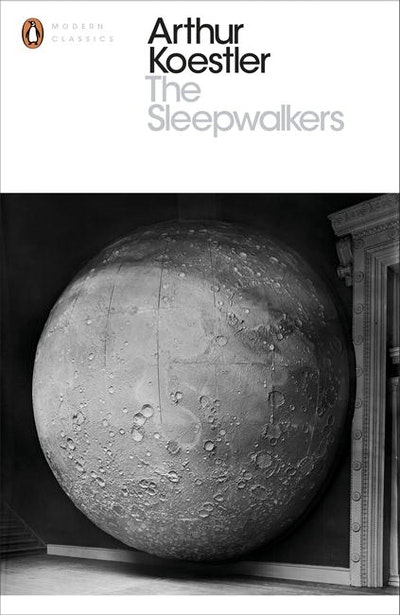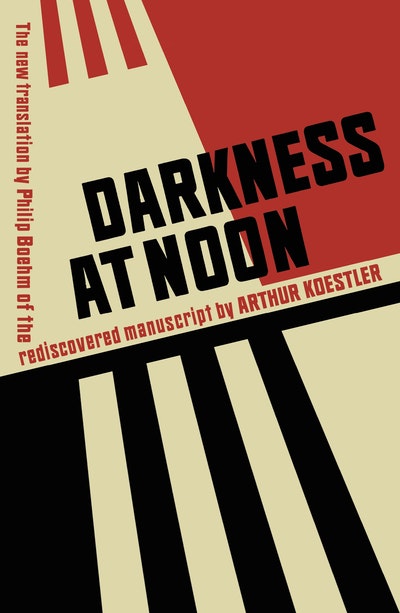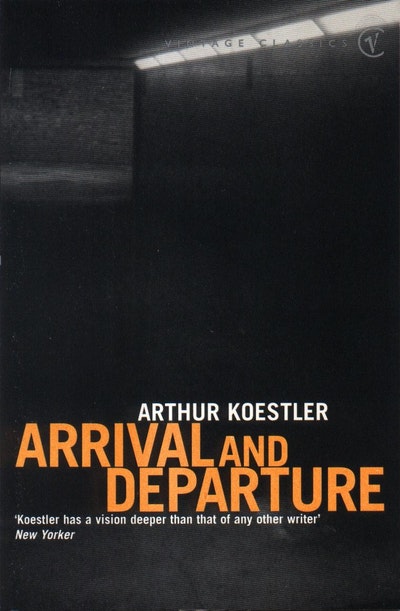[]
- Published: 24 September 2014
- ISBN: 9780141394534
- Imprint: Penguin Classics
- Format: Paperback
- Pages: 592
- RRP: $27.99
The Sleepwalkers
A History of Man's Changing Vision of the Universe
Formats & editions
Buy from…
- Published: 24 September 2014
- ISBN: 9780141394534
- Imprint: Penguin Classics
- Format: Paperback
- Pages: 592
- RRP: $27.99
The greatest part of this massive work is a close and valuable study of Copernicus, Tycho Brahe, Kepler, and Galileo . . . He writes tensely, with passion, as though personally involved, about events that took place more than 300 years ago
The Times
The Sleepwalkers is a valuable and provocative book . . . a work with a noble aim
Sunday Times







